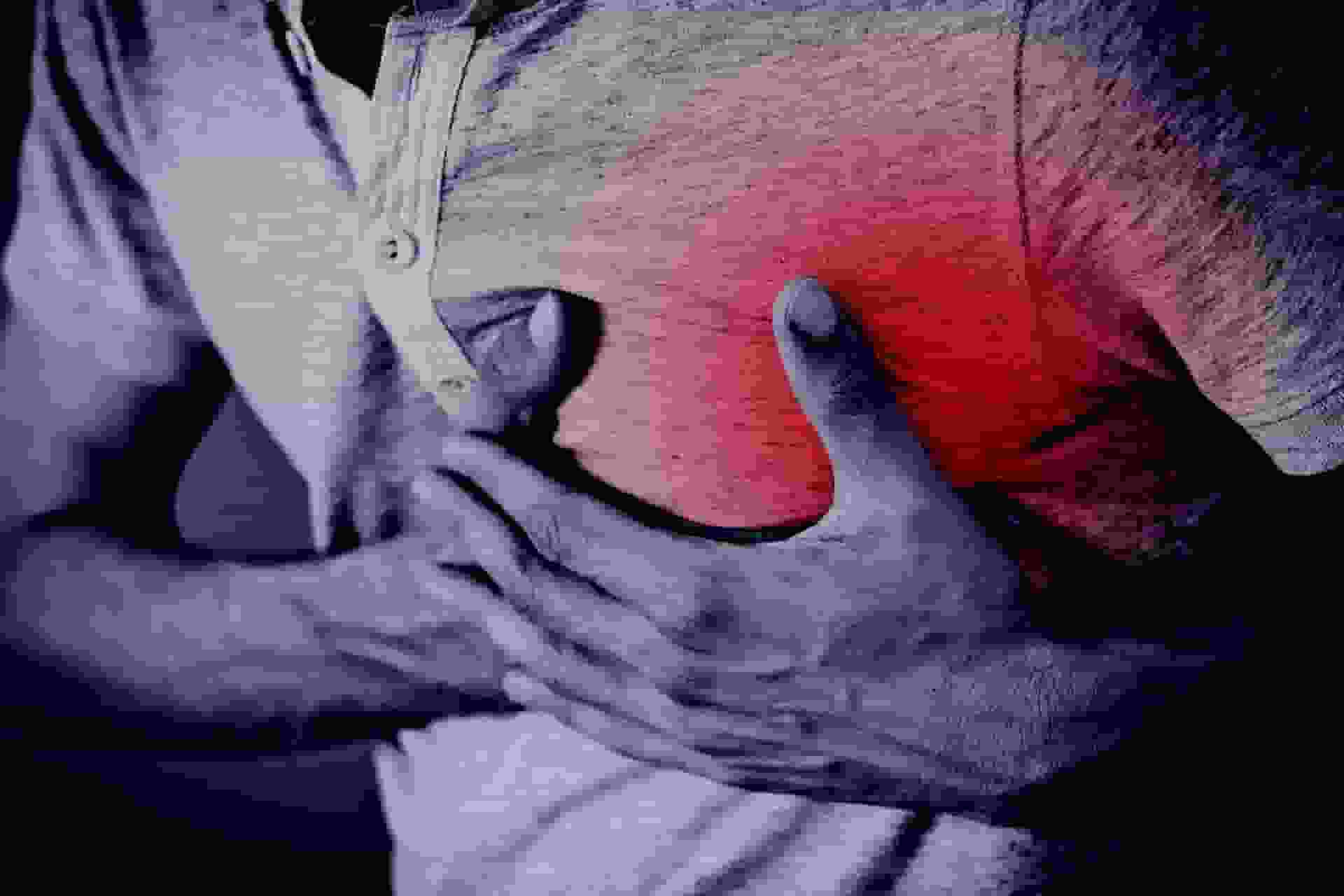
The American Heart Association is taking note of some surprising research findings about heart attack this holiday season. More people died from heart attacks on December 25th, December 26th, and January 1st than at any other time of year.
The study, published in the Heart Association’s journal Circulation, points to the disruption in people’s daily lives and the additional stress the holidays can bring.
Signs That You Experience Heart Attack
Vacation stress can be a matter of degree, says Dr. Peter Panagos, professor of emergency medicine and neurology at the Washington University School of Medicine in St. Louis.
The Heart Association encourages people to manage stress, and eat and drink in moderation. Maintain healthy exercise and sleep habits, and take prescribed medications, especially blood pressure medications. He stressed the importance of responding quickly to warning signs by dialing emergency numbers.
Chest pain is the most common, Panagos said, but the jaw and arm pain, shortness of breath, unexplained sweating, nausea, and vomiting should also not be ignored.
Panagos warned people not to prioritize holiday gatherings over seeking medical care if they have worrisome symptoms. He said emergency rooms were overwhelmed with flu, COVID, and RSV cases. He added that he would not hesitate to seek emergency hospital care given the news reports.
Read more: Here’s how your blood type relais ted to your heart’s health!
Higher Cases During Holidays

According to the American Heart Association, the Christmas holidays see more heart attack deaths than any other time of year. The association is aware of this phenomenon and can save lives with a variety of simple, heart-healthy measures while on vacation.
A heart attack occurs when the blood supply to the heart is suddenly cut off, usually as a result of a blood clot. According to the British Heart Foundation, more than 160,000 people die each year in the UK from cardiovascular disease.
Read more: Potential fentanyl vaccine: Experts hope for positive research as US faces opioid crisis

